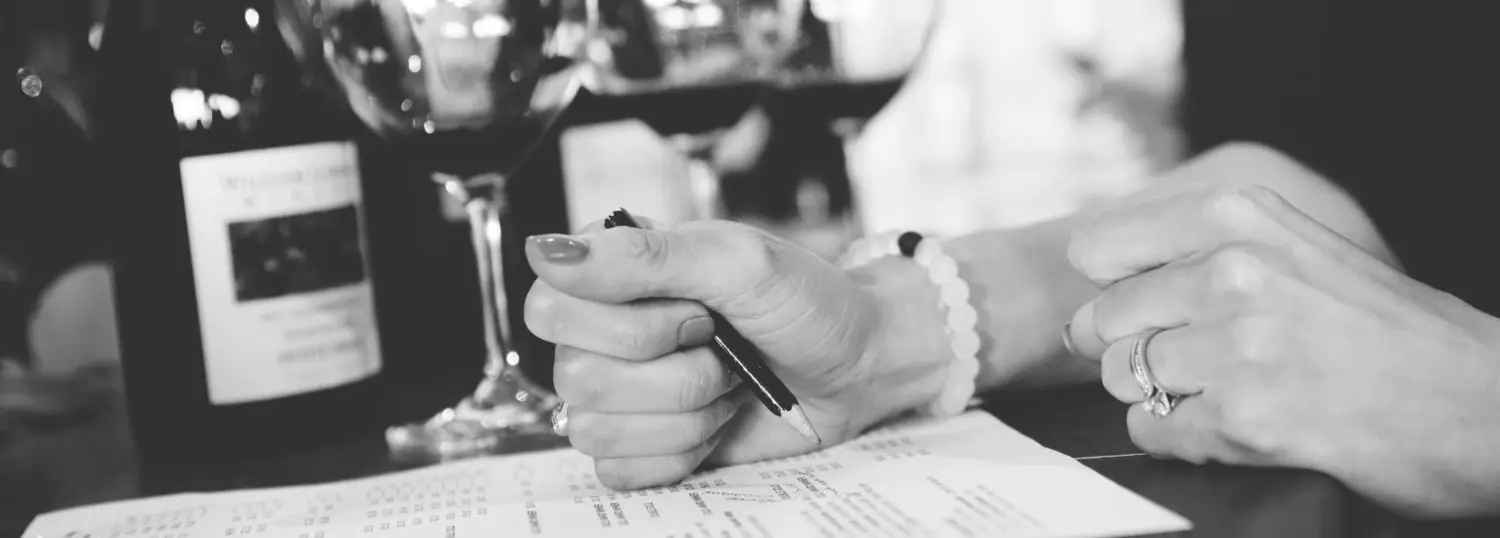Hello my friends and happy Valentine’s Day weekend—and/or President’s Day weekend for those of you who may be celebrating with a day off. I’ve got loads of news for you below, so much so I had to categorize it between local (California), international, pandemic-related stuff, and a section I like to call ‘just for fun.’ Of course, keep scrolling to get to the Blogs, lots of great independent inside and fun educational posts this week as well.
For those keeping an eye out for my WSET posts, I assure you they’re coming. It’s a fine line between writing about my studies and, well, actually studying. A quick sneak peek to where we’ll be headed next: Italy, Greece, and Portugal. So get your palates ready.
Stay safe and healthy out there and don’t hesitate to connect with me directly, or of course on any of my social channels. Cheers.





